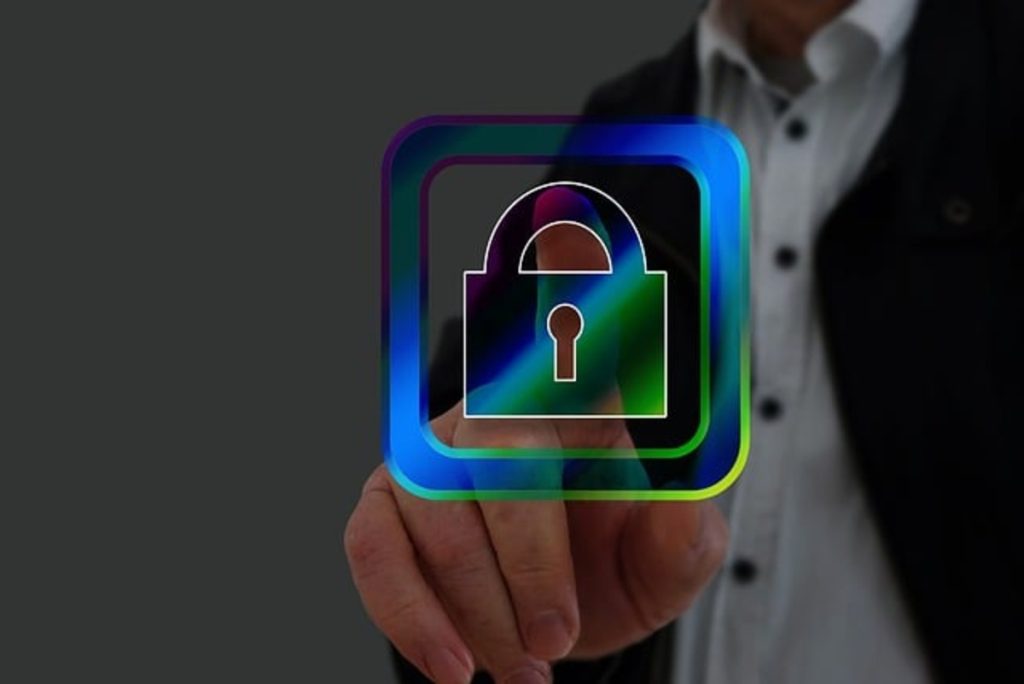The adoption of smart lock technology has been on the rise in Australia, with more homeowners choosing keyless entry solutions over traditional locks. But what drives this shift in preference? To understand the psychology behind the popularity of smart locks among Australians, we need to delve into the factors that influence this choice and why people are embracing keyless entry with open arms.
1. Convenience and Accessibility
One of the primary psychological factors driving the adoption of smart locks is the desire for convenience. With a smart lock, you no longer need to fumble for your keys, worry about losing them, or rush home to let someone in. The ability to unlock your door with a simple app on your smartphone or a personalized code is convenient and empowering. It grants you control over your home’s access like never before, and it’s a feature that many find irresistibly appealing.
2. Security and Peace of Mind
Smart locks offer a sense of enhanced security that resonates with Australians. The perception of a higher level of security can be a powerful motivator. Features such as real-time access monitoring, granting temporary access to trusted individuals, and notifications when someone enters your home all contribute to a feeling of safety and control. This sense of security is particularly appealing today, where personal security is a top concern for many.
3. Embracing Technological Advancements
Australians are naturally drawn to new and exciting technologies. Smart locks represent a fusion of security and innovation, making them an attractive choice for tech enthusiasts. The idea of a digital door lock that can communicate with other smart devices in your home aligns with the broader trend of home automation and the Internet of Things (IoT). This innovation resonates with those who value technology and its advantages in their daily lives.
4. Eliminating Key-Related Stress
Misplacing or losing keys is a common source of stress. Smart locks effectively remove this anxiety. By replacing traditional keys with digital codes or mobile apps, homeowners can enjoy peace of mind, knowing they won’t have to deal with the frustration of lost or stolen keys. The ability to easily change access codes or deactivate lost devices adds security and convenience.
5. Personalisation and Control
Smart locks offer a high degree of personalization and control. Users can set individual access codes for family members, friends, or service providers, and these codes can be easily managed and customized to meet specific needs. This level of control empowers homeowners, as they can adapt access permissions on the fly, whether allowing a repair technician into the home or restricting access during certain times.
6. Social Influence and Trend-Setting
Social factors often influence human behavior. When friends, family, or neighbors embrace smart lock technology and share their positive experiences, it can influence others to follow suit. The desire to keep up with trends and adapt to the habits of one’s social circle can drive the adoption of smart locks within Australian communities.
Conclusion
The psychology behind embracing smart locks and keyless entry is a complex interplay of convenience, security, the allure of technology, the desire to eliminate key-related stress, the need for personalization and control, and the influence of social trends. Smart locks are reshaping how Australians think about home security and access control. The appeal of a digital door lock, which grants homeowners the power to control access with a tap on their smartphone, resonates deeply with modern Australian lifestyles. It’s not just about the technology but the psychological comfort and empowerment that come with it. As smart locks continue to evolve and become more accessible, more and more Australians will likely embrace the keyless entry revolution, redefining how they protect and interact with their homes.



